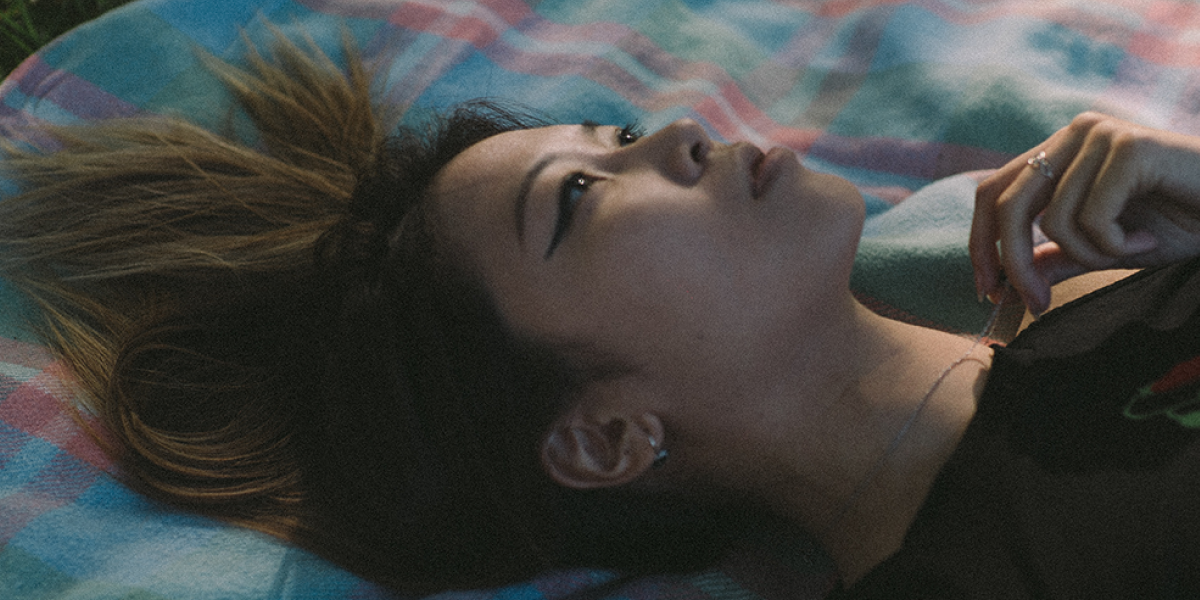On this page
- Post-traumatic stress disorder (PTSD)
- Generalised anxiety disorder (GAD)
- Obsessive Compulsive Disorder (OCD)
- Panic disorder
- Social anxiety disorder (social phobia)
- Specific phobias
- Which anxiety disorder do I have?
- Do I have anxiety or am I just feeling anxious?
- What do different types of anxiety feel like?
- Supporting someone else with anxiety
Post-traumatic stress disorder (PTSD)
Post-traumatic stress disorder can happen after a person experiences a distressing event like war, assault, accident or disaster.
Symptoms can include difficulty relaxing, upsetting dreams or flashbacks of the event, and avoidance of anything related to the event.
Generalised anxiety disorder (GAD)
Generalised anxiety disorder is when someone feels anxious on most days.
The constant worrying can make it hard to work, study or see friends and family.
Obsessive Compulsive Disorder (OCD)
Obsessive compulsive disorder is when someone has ongoing unwanted or intrusive thoughts and fears that cause anxiety.
They may use rituals or repetitive behaviours. For example, a fear of germs can lead to constant washing.
Panic disorder
Panic attacks are intense, overwhelming and often uncontrollable feelings of anxiety. Physical symptoms can include trouble breathing, chest pain, dizziness and sweating.
If someone has repeated panic attacks they may have a panic disorder.
Specific phobias
A specific phobia is when someone feels very scared about a particular object or situation.
Common specific phobias are spiders, heights, having an injection or travelling on a plane.
Which anxiety disorder do I have?
We explain the common signs, symptoms and treatments of several types of anxiety.
To get a formal diagnosis of a mental health condition, you’ll need to see a mental health professional. A GP, psychologist or psychiatrist can assess and diagnose anxiety.
It's important to seek support early if you're experiencing anxiety. Your symptoms may not go away on their own.
Do I have anxiety or am I just feeling anxious?
You may be feeling unsure about whether you should seek support.
Our anonymous mental health check-in can help you understand whether your anxious feelings are the kind of worries that will go away on their own, or whether it’s time to get more support to help you feel better.
It’s an evidence-based tool which asks you 10 questions about the feelings you’ve been having over the past 4 weeks. It’s sometimes called the “K10” and is widely used by GPs and mental health professionals.
What do different types of anxiety feel like?
Learn about what anxiety feels like and how it can be managed. Hear from people about their journey to recovery.
Connect with our online peer support community
Anonymously read, share and learn from people who are also living with anxiety.
The Beyond Blue Forums is a welcoming peer support community. Posts are moderated by qualified counsellors.






Social anxiety disorder (social phobia)
Social anxiety disorder (also called social phobia) is when someone has an intense fear of being criticised, embarrassed or humiliated.
This fear can happen even in everyday situations, such as eating in front of others or talking to people.
Learn more about social anxiety disorder.